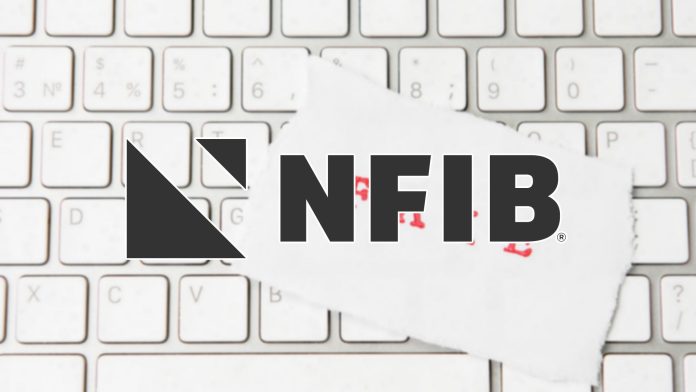A suburban Chicago man has been sentenced to nearly six years in prison for defrauding COVID-19 relief programs designed to support struggling small businesses. Christopher Scott, 46, embezzled more than $550,000 through fraudulent applications for the Paycheck Protection Program (PPP) and the Economic Injury Disaster Loan (EIDL) program, both of which were part of the Coronavirus Aid, Relief, and Economic Security (CARES) Act.
Scott’s case serves as a cautionary tale for small business owners navigating the complexities of federal relief programs. As the pandemic stressed numerous businesses and led to significant financial instability, programs like PPP and EIDL were created to provide crucial support. However, Scott’s actions reveal vulnerabilities within these systems that could ultimately impact legitimate small business owners.
In 2020 and 2021, Scott submitted multiple fraudulent loan applications claiming to represent non-existent or inactive businesses. He provided misleading information concerning revenues, payrolls, and operating expenses, ultimately siphoning funds meant for genuine businesses in need. The funds he obtained were reportedly spent on luxury items from top retailers like Tiffany & Co. and Saks Fifth Avenue, illustrating a stark contrast between intended use and actual expenditures.
U.S. District Judge Elaine E. Bucklo sentenced Scott to five years and ten months in federal prison, along with a restitution order of $567,333. The sentence starkly underscores the serious legal repercussions of exploiting government assistance programs. Andrew S. Boutros, United States Attorney for the Northern District of Illinois, noted that this was not a case of desperation or need but a deliberate scheme driven by greed.
The fraud case sheds light on the importance of due diligence for both lenders and borrowers. With the significant amount of relief distributed during the pandemic, it is vital for small business owners to maintain transparency and integrity when applying for funding. The U.S. Small Business Administration (SBA) and other agencies involved in administering these programs continue to ramp up their oversight to prevent similar fraudulent activities.
Dai Tran, Special Agent-in-Charge of the U.S. Secret Service’s Chicago Field Office, emphasized the underlying mission of these programs: “The government programs exploited in this case were intended to help struggling small businesses stay afloat during the pandemic.” Such sentiments reflect the frustrations felt by many small business owners who play by the rules but see their potential benefits diminished by fraudulent actions.
For small business owners, this case serves as both a warning and a guide. While government programs can provide lifelines during tough times, the applications must be meticulously accurate to avoid penalties and potential legal complications. Taking the time to document and verify all necessary information can not only safeguard the funds but also reinforce the integrity of the business itself.
Fraudulent activities not only harm those who need assistance but can also contribute to a broader skepticism surrounding governmental support. The significant resources dedicated to addressing such fraud reflect the ongoing challenges in balancing quick relief with adequate oversight.
Time will tell how the lessons drawn from Scott’s case will resonate within the small business community. Staying informed about potential pitfalls and cooperating with regulatory agencies will be key strategies for navigating the complexities of funding in uncertain times.
For further details on the case, you can view the original U.S. Department of Justice press release here and the SBA’s updates on recent investigative cases here.
As small business owners reflect on the implications of this case, the importance of ethical practices and accurate reporting cannot be overstated. In an era when assistance programs are critical for survival, maintaining integrity is essential not only for individual businesses but for the broader economic landscape.
Image Via Envato: Olena_Rudo



